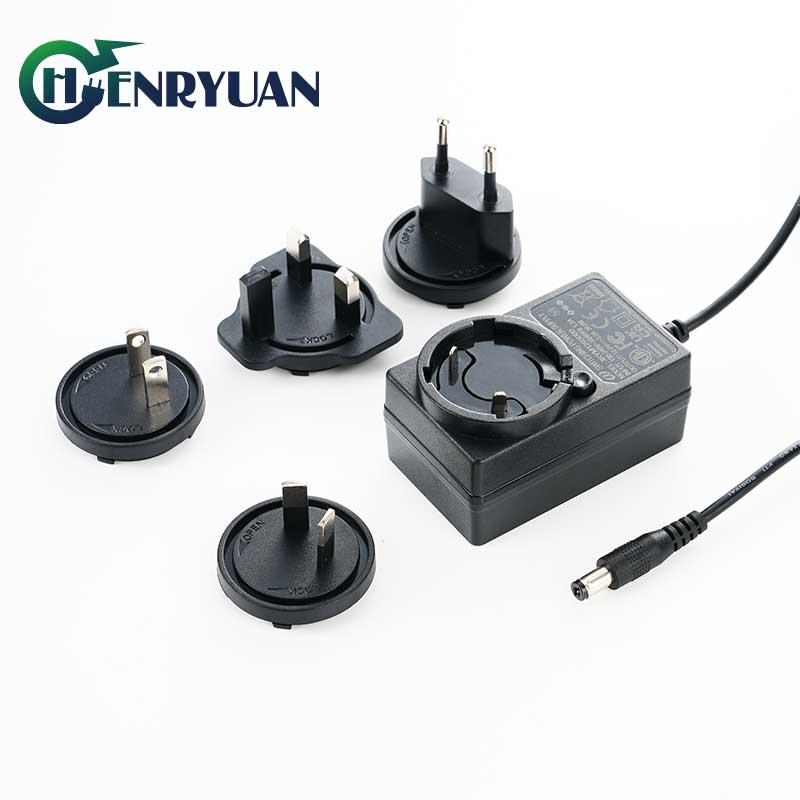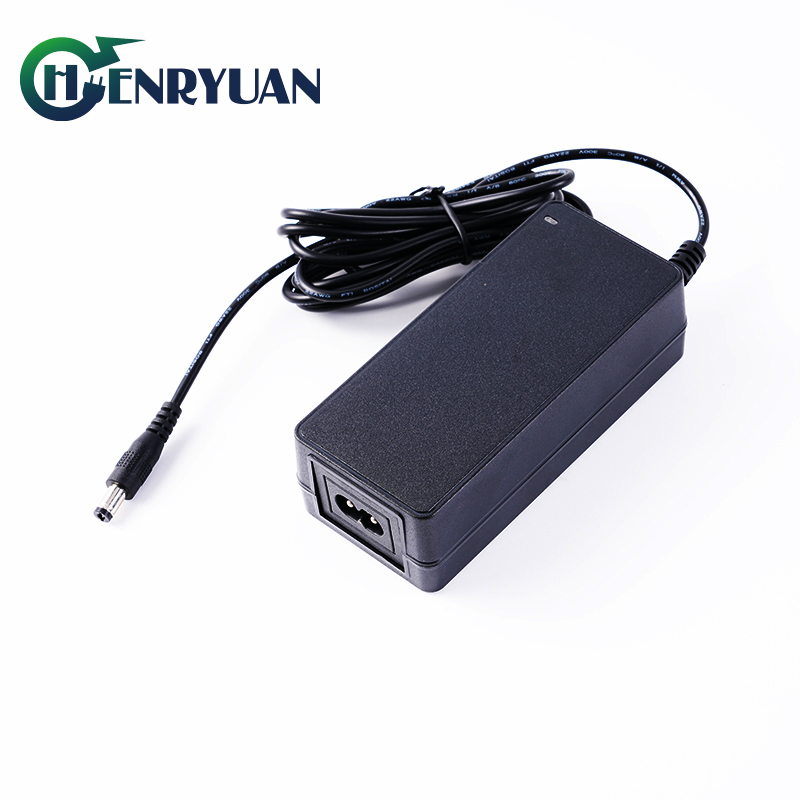How to choose a suitable charger for lithium battery packs
Mastering Lithium Battery Charger Selection: Key Considerations for Professionals
Henryuan lithium battery chargers:
As industries become increasingly reliant on Li-Ion battery technology, choosing the right Li-Ion battery charger is critical to optimizing product performance, charging safety, and longevity. Whether you manage electric vehicles, power tools, or portable electronic devices, the following concise guidelines can help you make an informed decision:
1. Voltage Compatibility
Make sure the charger’s output voltage matches your battery pack.
When it comes to maintaining the health and longevity of your lithium battery pack, understanding how lithium battery charger voltage corresponds to your lithium battery pack is critical. The voltage of the charger plays an important role in the charging process and can greatly affect the overall performance and lifespan of the battery pack. In this article, we’ll take about the importance of matching charger voltage to battery pack voltage
Lithium battery packs come in a variety of voltages, such as 3.7V, 7.4V, 11.1V, 14.8V .etc When choosing a charger for a lithium battery pack, you must choose one that is designed to match the voltage of the battery pack. Using a charger with a different voltage can result in overcharging or undercharging, both of which can harm the health of your battery pack
Overcharging a lithium battery pack may cause irreversible damage and create a safety hazard. The charger voltage must correspond to the battery pack voltage to ensure that the charging process occurs within safe parameters. As lithium batteries become increasingly popular in a variety of applications, the need for accurate information about charger voltage and its relationship to the battery pack continues to increase.
Conversely, undercharging a lithium battery pack can result in reduced capacity and performance. Using a charger with a lower voltage than the battery pack may result in an incomplete charge cycle, ultimately shortening the overall life of the battery.
To sum up, the corresponding relationship between the lithium battery charger voltage and the lithium battery pack is a key factor in maintaining the health and longevity of the lithium battery pack. Understanding the importance of matching charger voltage to battery pack voltage is critical to ensuring safe and efficient charging and maximizing battery pack life and performance.
For lithium batteries, Charging voltage = the number of series connected batteries X 4.2V.
Such as
1 cell 3.7V lithium battery charger voltage 4.2V = 1*4.2V
2s 7.4V lithium battery charger voltage 8.4V = 2*4.2V
3s 11.1V lithium battery charger voltage 12.6V = 3*4.2V
4s 14.8V lithium battery charger voltage 16.8V = 4*4.2V
5s 18.5V lithium battery charger voltage 21V = 5*4.2V
6s 22.2V lithium battery charger voltage 25.2V = 6*4.2V
7s 25.9V lithium battery charger voltage 29.4V = 7*4.2V
...
10s 37V lithium battery charger voltage 42V = 10*4.2V
12s 44.4V lithium battery charger voltage 50.4V = 12*4.2V
13s 48V lithium battery charger voltage 54.6V = 13*4.2V
14s 51.8V lithium battery charger voltage 58.8V = 14*4.2V
16s 60V lithium battery charger voltage 67.2V = 16*4.2V
...
Voltage mismatches can lead to thermal runaway and shorten battery life.
2. Current Control
Regaring to the charging current, commonly the charging current is 0.2C - 0.5C, some battery packs can support 1C, C = Battery capacity.
But different customers have special requirements for charging voltage, suitable charging current can avoid overcharging and capacity fading.
3. Safety Certifications
- Verify certifications such as UL, cUL, PSE, CE, SAA, UKCA, KC, 3C and more to ensure compliance with international safety standards
- Look out for protection features to(OCP, OVP, SCP, RVP) reduce fire/explosion risks.
4.Interface and Compatibility
- Choose the appropriate connector type (e.g. T-, Y-, or round pin) based on your battery system.
5.Usage Environment
Considering the use temperature, humidity, corrosive environment, etc., whether high temperature resistance, low temperature resistance, waterproofness, corrosion resistance and other characteristics are required.
Final tip: Check batteries regularly for swelling/damage and replace.
Henryuan Group can design according to the actual needs of the customer's case. Henryuan lithium battery chargers has the following advantages:
1. It has multiple protection mechanisms. Overcurrent protection, overvoltage protection, short circuit protection, secondary overvoltage protection, polarity reversal protection, etc
2. Global certifications with stable voltage, high accuracy, prevents overcharging, and better protects the battery
3. High quality components and advanced solution design enable chargers to have a longer service life.
For example the 42V 10A charger for 36V lithium ion battery.
Henryuan has been making contributions to solving charging safety issues with many years history, the Iso 9001 lithium ion battery charger factory.








 Mail inquiry
Mail inquiry